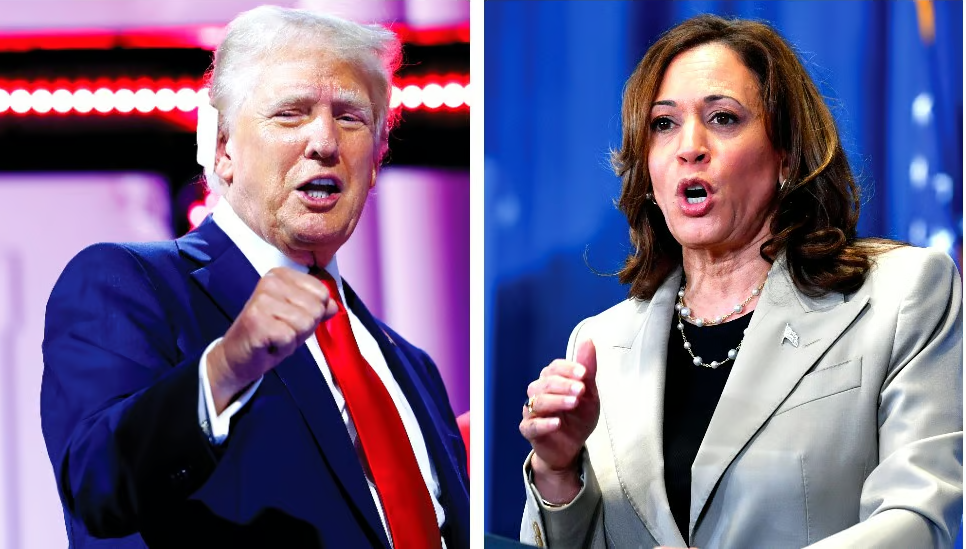
Christopher A. McNally, Professor of Political Economy, Chaminade University
Aug 23, 2024
The upcoming presidential election in the United States could significantly impact China-U.S. relations, though it’s uncertain how each candidate will ultimately approach Beijing. Neither major candidate is perceived as being willing to improve the bilateral relationship at this point, so things could very well get worse.
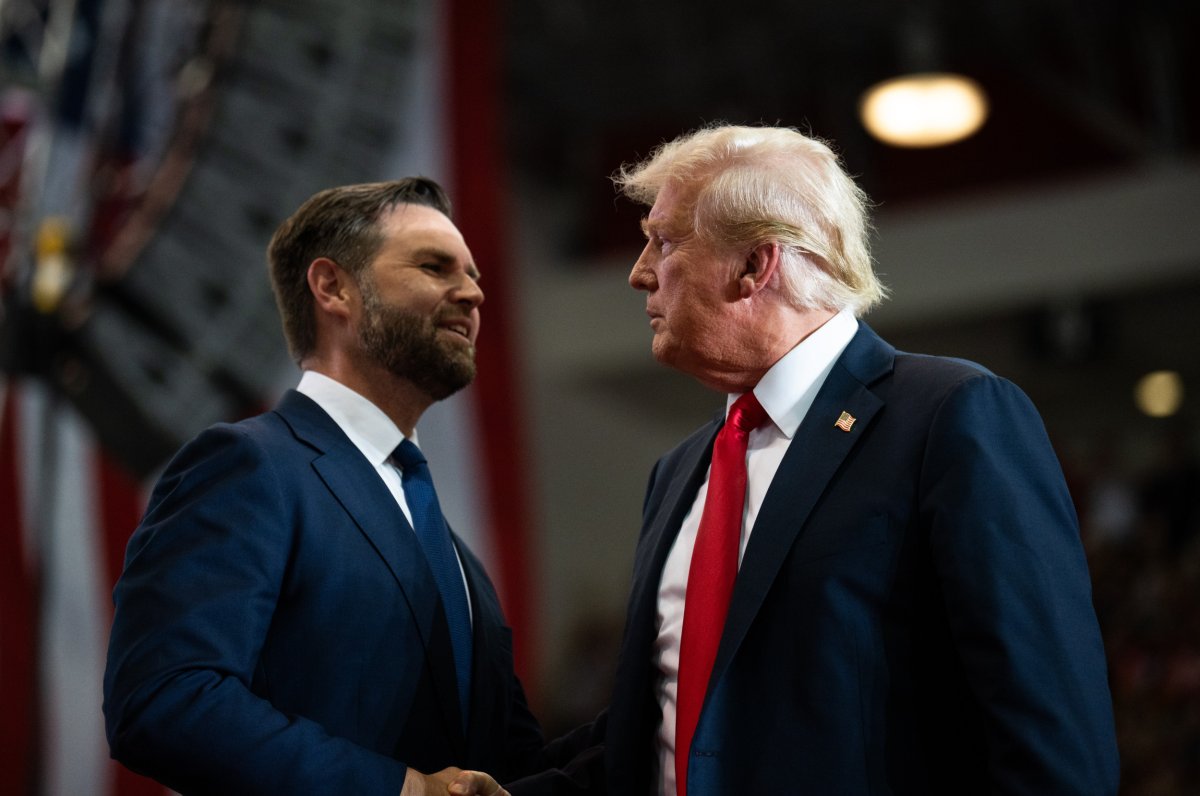
Mallie Prytherch, Researcher at Centre on Contemporary China and the World, University of Hong Kong
Aug 16, 2024
J.D. Vance’s stance on the American struggle in order to achieve the American dream holds parallels to his China policy, and Washington’s China policy more broadly. Americans’ views on China are similarly paradoxical, as they see China as an adversary but do not prioritize it as one.
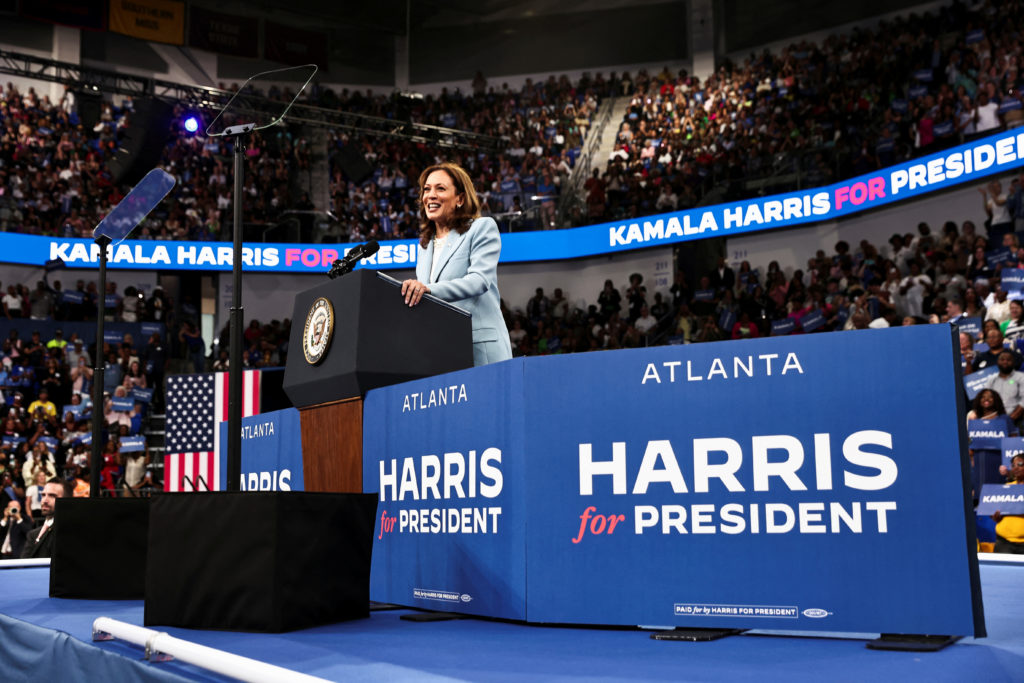
Brian Wong, Assistant Professor in Philosophy and Fellow at Centre on Contemporary China and the World, HKU and Rhodes Scholar
Aug 16, 2024
If Harris, the current vice president of the United States, is elected president in November, her administration will likely not make radical changes to America’s existing China policies, although some nuanced adjustments could occur in areas such as combating anti-Asian racism and fostering economic stability. Those hoping for improvements should remain realistic about the slim odds of that happening.
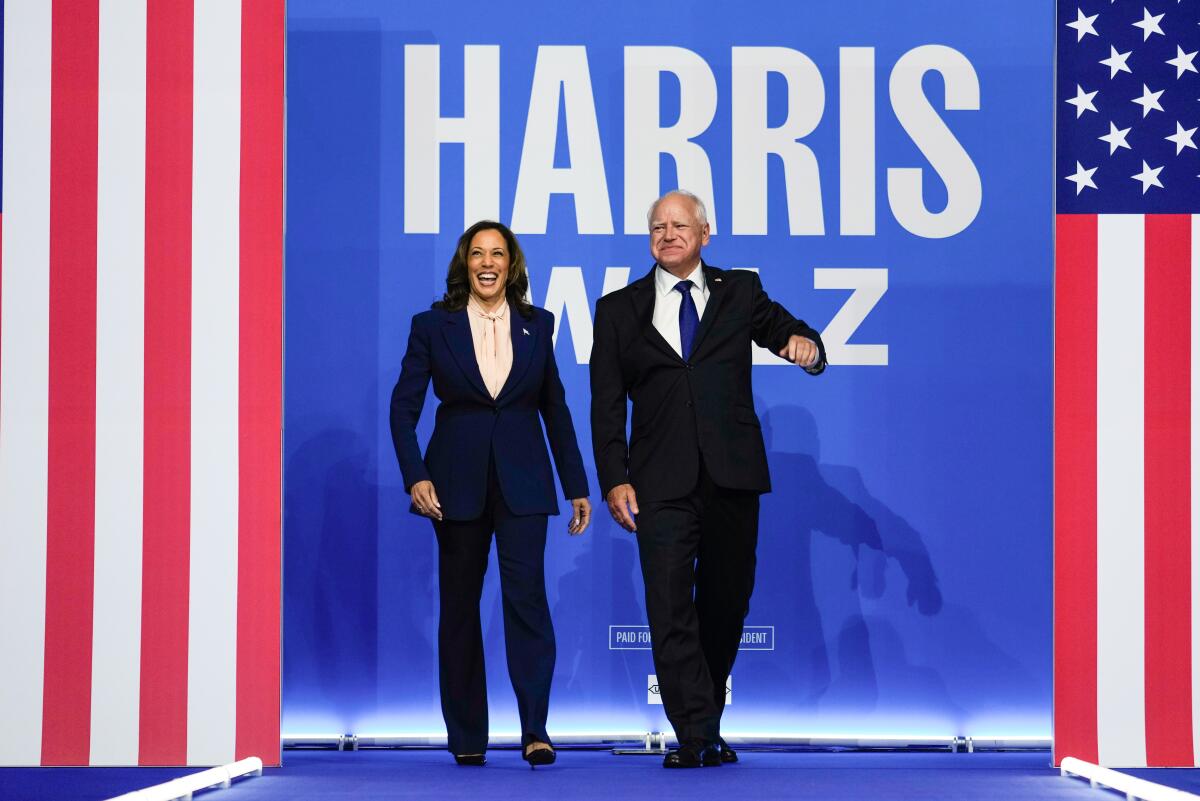
Philip Cunningham, Independent Scholar
Aug 09, 2024
The critique of Tim Walz’s China experience reflects an effort by some to raise concerns about his background and character, yet much of the narrative appears to exaggerate a fairly ordinary and educational journey abroad. Even more, it’s important to recognize that Walz's experiences provide him with a nuanced perspective, reflecting hard-won observation and original thought born of humility, respect, and a willingness to listen.
Fu Suixin, Assistant Researcher at Institute of American Studies, Chinese Academy of Social Sciences
Aug 08, 2024
China-U.S. ties will suffer historic harm if Donald Trump’s party wins the White House and a majority of both houses of Congress. Conservative voices have already made their anti-China agenda abundantly clear.
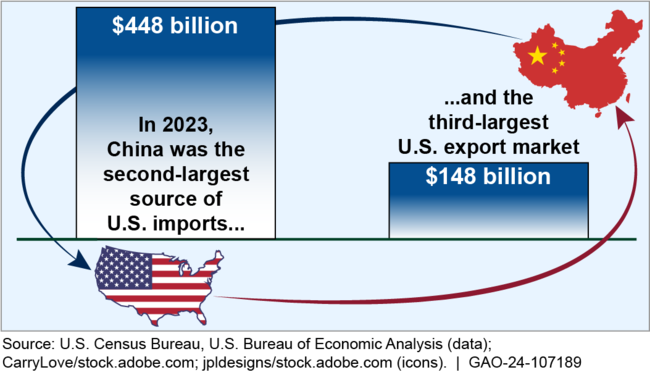
Lei Shaohua, Associate Professor at School of International Studies, and Research Fellow at Institute of International and Strategic Studies, Peking University
Aug 05, 2024
The current state of bilateral relations in agriculture, services and NEVs underscores the fact that engagement and cooperation underpinned by self-confidence and mutual trust are essential prerequisites for a more promising future in China-U.S. relations.
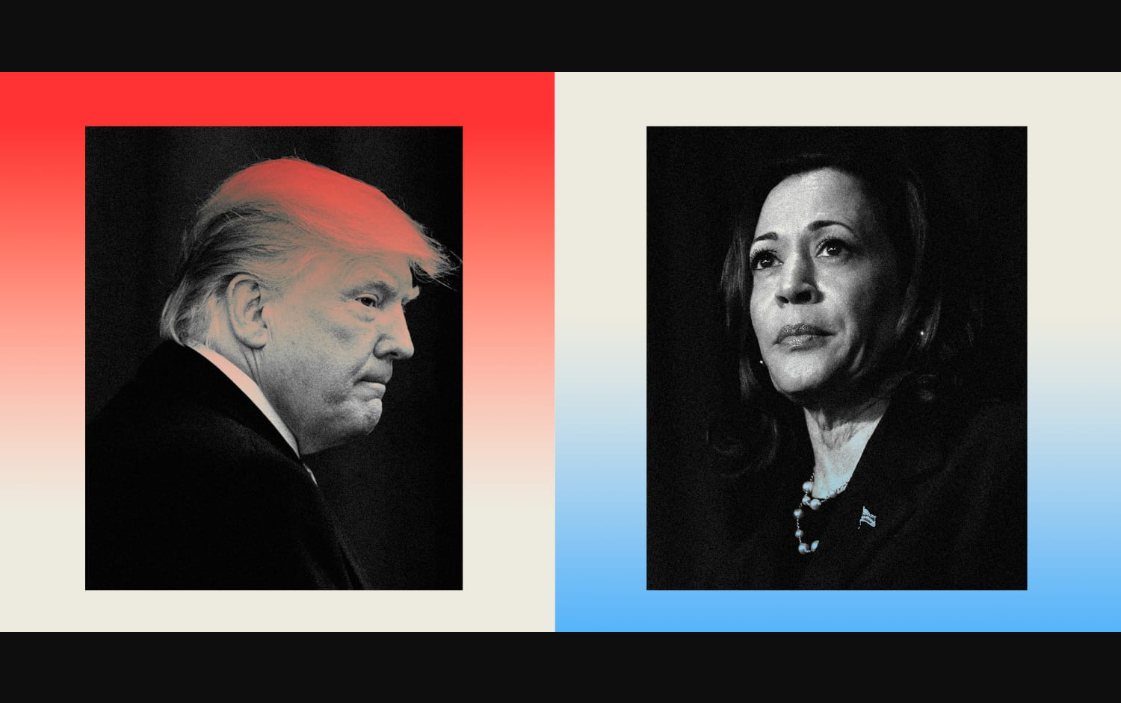
David Shambaugh, Gaston Sigur Professor and Director of China Policy Program at George Washington University, Distinguished Visiting Fellow at Hoover Institution of Stanford University
Jul 31, 2024
As the 2024 U.S. presidential election takes an unexpected turn with Kamala Harris stepping in as the Democratic candidate and Donald Trump showing strong poll numbers, there have been a variety of speculations surrounding future U.S. policies toward China. As in past presidential campaigns, adopting a "tough on China" stance tends to be a winning strategy with voters, so we can likely expect increased critiques in the coming months. But no matter which candidate wins in November, China policies are not likely to change very much from the past two administrations.
Chen Jimin, Guest Researcher, Center for Peace and Development Studies, China Association for International Friendly Contact
Jul 26, 2024
The 2024 Republican Party Platform in the United States reveals much about the direction Donald Trump’s foreign policy would take if he were re-elected. His words and past behavior, paint a sobering picture that is tinged by right-wing ideology.
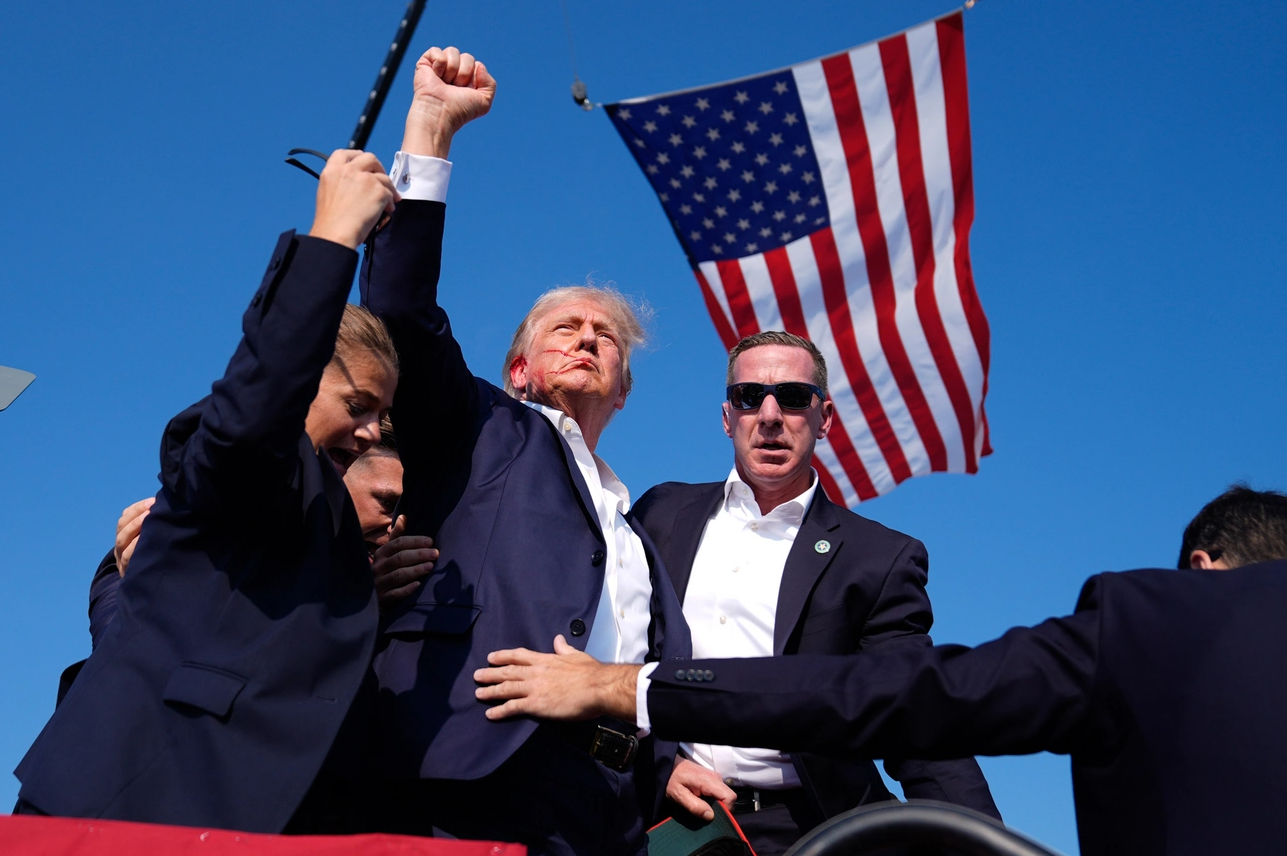
Shang-Jin Wei, Professor, Finance and Economics at Columbia University
Jul 19, 2024
Can an assassination attempt improve a candidate’s chances of winning an election? Taiwan’s experience suggests that it might. During its 2004 presidential election, polls showed then-President Chen Shui-bian trailing his opponent, Nationalist Party (Kuomintang) candidate Lien Chan. But this changed abruptly the day before the vote, when Chen and Vice President Annette Lu were shot during an election rally.
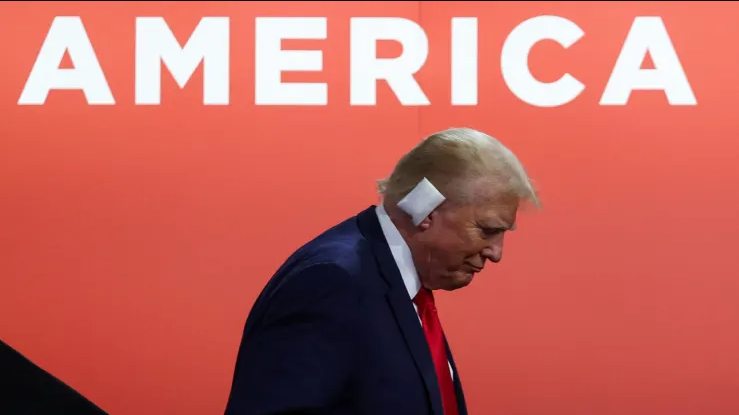
Sun Chenghao, Fellow, Center for International Security and Strategy of Tsinghua University; Munich Young Leader 2025
Zhang Xueyu, Research Assistant, Center for International Security and Strategy at Tsinghua University
Jul 19, 2024
No matter who ultimately wins the election in November, only minor adjustments to competition with China at the tactical level are likely to occur. The competitive essence will not change. It’s a Cold War-style outcome that may make bilateral cooperation more difficult.